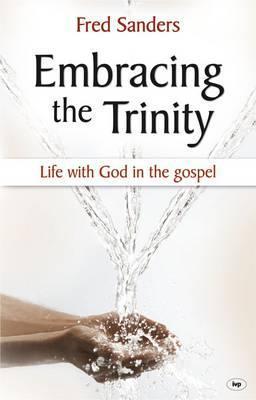What do you think?
Rate this book


A specialist in the doctrine of the Trinity explains how the gospel is inherently Trinitarian, and how this adds depth and richness to faith and the Christian life.
The doctrine of the Trinity is widely taught and believed by evangelicals, but rarely is it fully understood or celebrated. Systematic theologian Fred Sanders, in The Deep Things of God, shows why we ought to embrace the doctrine of the Trinity wholeheartedly and without reserve, as a central concern of evangelical theology.
Sanders demonstrates, with passion and conviction, that the doctrine of the Trinity is grounded in the gospel itself. Written accessibly, The Deep Things of God examines the centrality of the Trinity in our salvation and the Trinity’s presence in the reading of the Bible and prayer. Readers will understand that a robust doctrine of the Trinity has massive implications for their lives. Indeed, recognizing the work of the Trinity in the gospel changes everything, restoring depth to prayer, worship, Bible study, missions, tradition, and our understanding of Christianity’s fundamental doctrines.
258 pages, Paperback
First published August 4, 2010